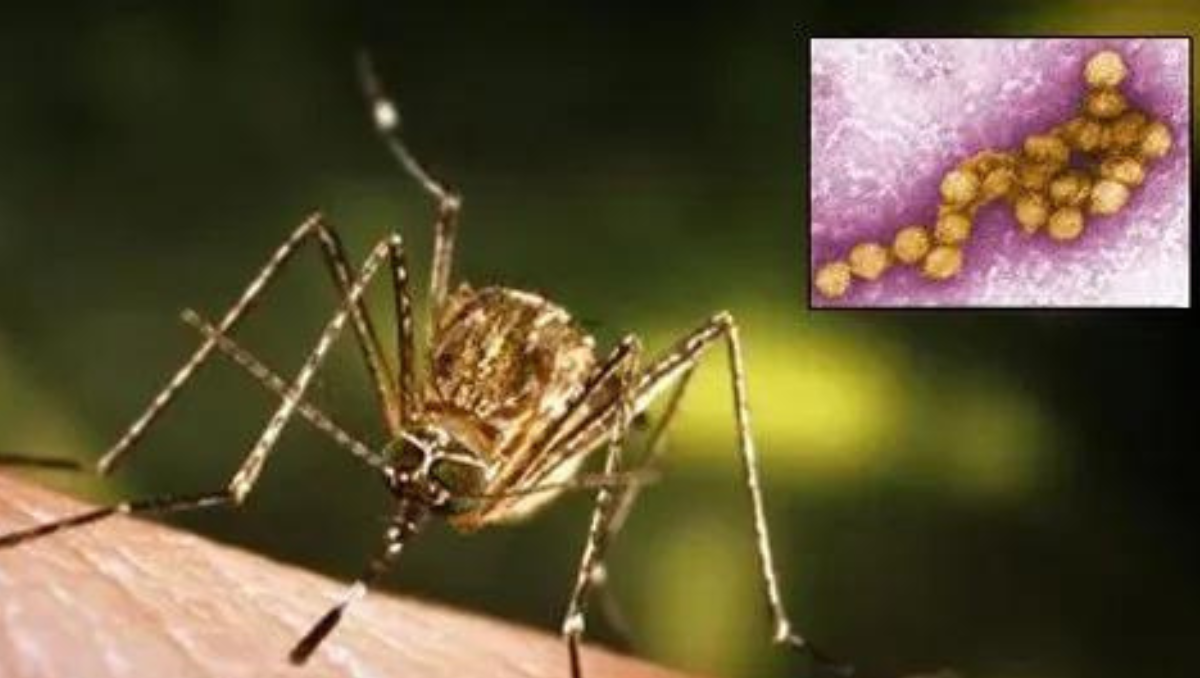Deploying Mobile Medical Teams in Coimbatore to Combat the Spread
In a proactive measure to tackle the potential threat of the West Nile virus outbreak, Tamil Nadu authorities have intensified surveillance and deployed mobile medical teams in Coimbatore and surrounding areas. With the recent surge in reported cases, the state health department has embarked on a comprehensive strategy to contain the spread of the mosquito-borne disease.
Rising Concerns Amidst West Nile Virus Threat
The emergence of the West Nile virus has raised significant concerns among public health officials and residents alike. Originating from tropical regions, the virus is primarily transmitted through the bite of infected mosquitoes, posing a considerable risk to human health. Symptoms of West Nile virus infection can range from mild flu-like illness to severe neurological complications, including encephalitis and meningitis.
Image Source: Indian Express
Tamil Nadu, known for its diverse landscape and conducive climate for mosquito breeding, is particularly susceptible to vector-borne diseases like the West Nile virus. The recent detection of the virus in several regions of the state has prompted authorities to step up vigilance and implement stringent control measures.
Mobilizing Medical Teams for Rapid Response
In a concerted effort to curb the spread of the virus, Tamil Nadu has deployed mobile medical teams in Coimbatore, one of the regions identified as a hotspot for West Nile virus transmission. These teams, comprising healthcare professionals equipped with necessary diagnostic tools and preventive measures, are tasked with conducting active surveillance, early detection of cases, and prompt medical intervention.
Dr. Anitha Kumar, Director of Public Health and Preventive Medicine, emphasized the importance of proactive measures in containing the outbreak. “Our primary focus is on early detection and containment to prevent further transmission of the virus,” she stated. The deployment of mobile medical teams is part of a comprehensive strategy to enhance surveillance capabilities and ensure timely medical assistance to affected individuals.
Community Engagement and Preventive Measures
Image source: istockphoto
In addition to the deployment of medical teams, the state government has launched an extensive public awareness campaign to educate communities about the risks associated with the West Nile virus and preventive measures to mitigate transmission. Health officials have urged residents to adopt personal protective measures, such as using mosquito repellents, wearing long sleeves and pants, and avoiding outdoor activities during peak mosquito hours.
Community participation is seen as crucial in the collective effort to combat the spread of the virus. Dr. Rajeshwari Sundaram, a public health expert, stressed the importance of community engagement in mosquito control efforts. “By eliminating breeding sites and practicing preventive measures at the individual and community levels, we can significantly reduce the risk of mosquito-borne diseases,” she remarked.
Looking Ahead: Sustaining Efforts for Long-Term Control
As Tamil Nadu intensifies its efforts to contain the West Nile virus outbreak, sustained vigilance and collaboration between government agencies, healthcare providers, and communities will be essential. The deployment of mobile medical teams in Coimbatore represents a proactive step towards early detection and rapid response, but long-term control measures, including vector control and strengthening healthcare infrastructure, are equally imperative.
With the threat of vector-borne diseases likely to persist, ongoing surveillance, research, and public health interventions will be essential to safeguarding the well-being of Tamil Nadu’s population. As the state continues its battle against the West Nile virus, a comprehensive and coordinated approach remains paramount in mitigating the impact of this emerging public health threat.



